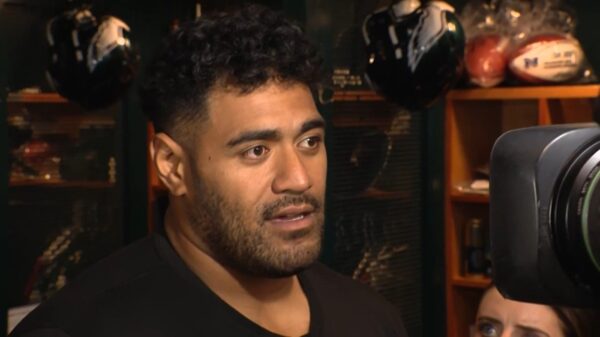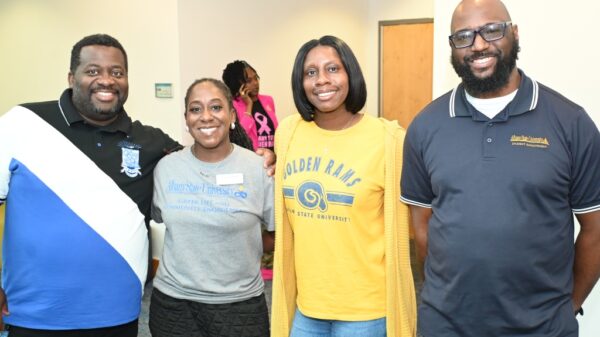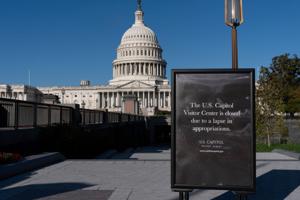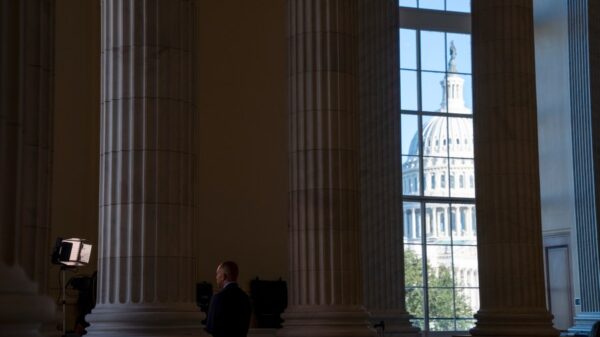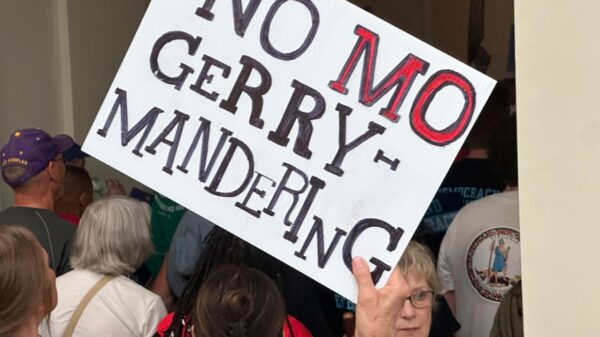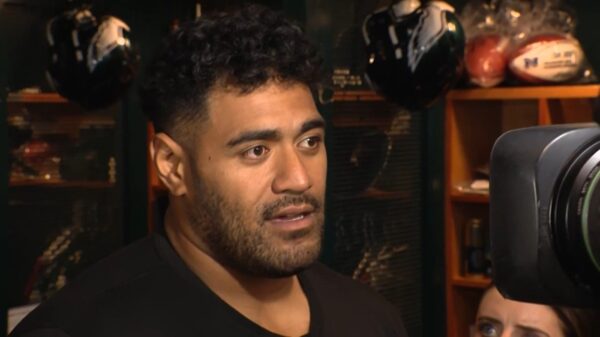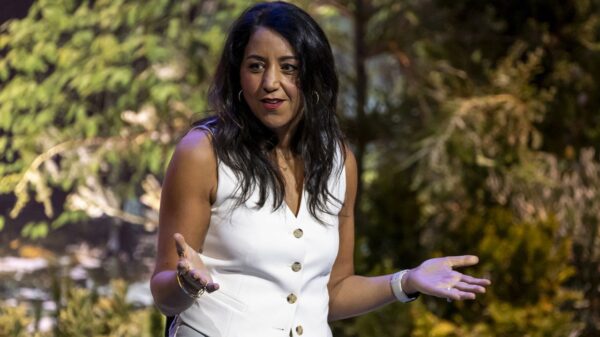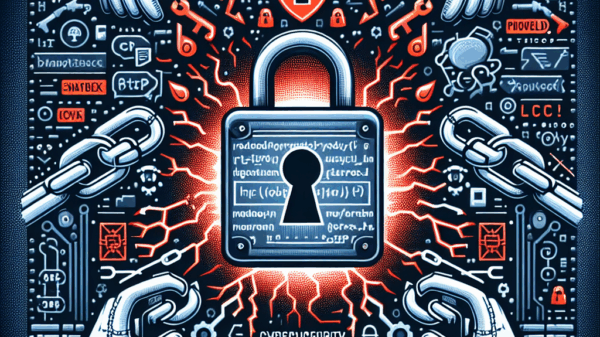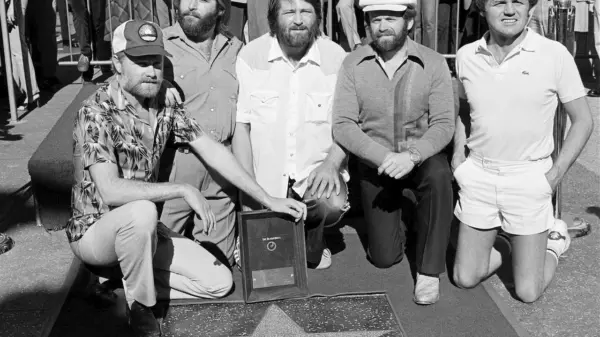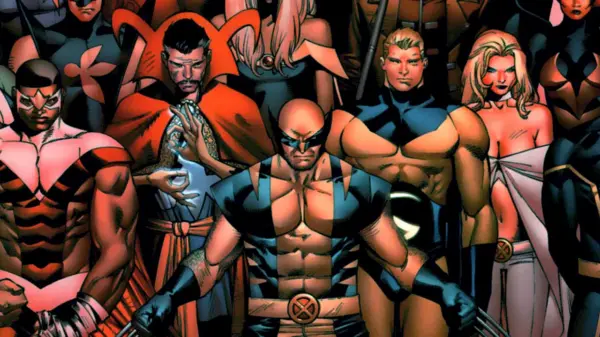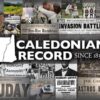The ongoing debate surrounding Columbus Day has reignited discussions about the historical implications of Christopher Columbus’s expeditions. This year, numerous communities across the United States evaluated their recognition of the day, which commemorates Columbus’s arrival in the Americas on October 12, 1492. Critics argue that the celebration overlooks the detrimental impact of his voyages on Indigenous Peoples.
Columbus was born in Genoa, Italy, and sailed under the auspices of the Spanish monarchy, specifically King Ferdinand and Queen Isabella. His journey was primarily financed by Spain, and his crew consisted largely of Spanish sailors. This connection often leads to the misconception that Columbus was an emblematic figure of the United States rather than a European explorer with direct ties to Spain.
The historical narrative surrounding Columbus has evolved significantly over the past few decades. Many now view his expeditions as the beginning of European colonization in the Americas, which resulted in significant suffering for Native American populations. The consequences of these events continue to resonate today, leading to calls for a reevaluation of how this day is honored.
In recent years, various cities and states have taken steps to replace Columbus Day with Indigenous Peoples’ Day, aiming to honor the history and contributions of Indigenous communities. For instance, California, Oregon, and New Mexico have officially recognized Indigenous Peoples’ Day, reflecting a broader shift in public sentiment.
Despite these changes, Columbus Day still holds significance for many, particularly among those who view it as a celebration of exploration and discovery. Proponents of the holiday argue that it acknowledges Columbus’s role in connecting two worlds. They assert that it is essential to recognize the complexities of history without entirely demonizing historical figures.
The debate surrounding Columbus Day encapsulates a larger conversation about historical memory and its implications for contemporary society. As discussions evolve, it becomes increasingly important to consider multiple perspectives and the lasting effects of colonization on Indigenous Peoples.
In light of these conversations, communities are encouraged to engage in discussions about history that reflect a more nuanced understanding. Educational initiatives and public forums can serve as platforms for dialogue, allowing individuals to explore the multifaceted legacy of Columbus and the impact of European colonization on Indigenous communities.
As communities continue to grapple with these issues, it is clear that the Columbus Day debate is more than just a question of a holiday; it signifies a deeper exploration of historical narratives and their implications for the present and future.

